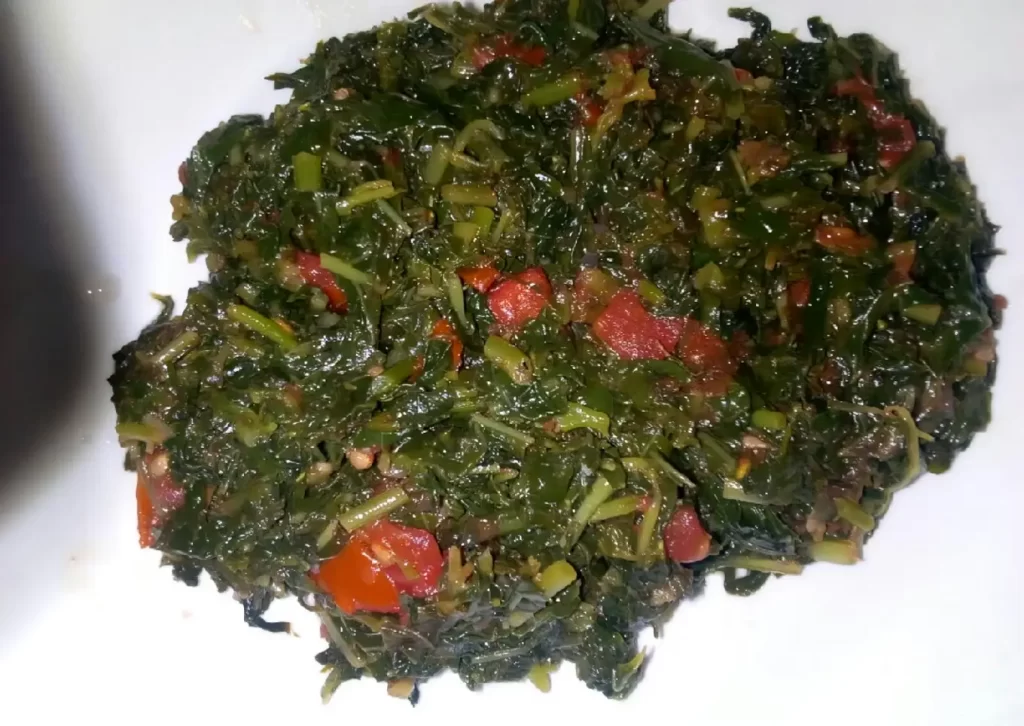Five reasons to eat Black nightshade ( Managu) regularly
Black Nightshade aka managu may be deemed a wild weed in the Americas, but it holds a revered place in African and Asian cultures. In Kenya, for example, Managu has been cultivated as a vegetable for many generations.
Culinary challenges

Growing up, preparation of Black nightshade (managu) involved a tedious process of plucking the tiny leaves, cleaning them, and then cooking for a long time. After this, Black nightshade would still retain a final bitter taste. However, that is no longer the case. The current varieties of managu have bigger leaves therefore easy to prepare. It also cooks faster and is less bitter. These improvements are definitely a plus for this health promoting vegetable.
Health benefits of Black nightshade(managu)
Beneath this bitter vegetable lies a treasure trove of health-promoting properties. Let’s delve into five compelling reasons why you should embrace Managu as a staple in your diet:
1.Prevents anaemia
Boiled managu contains 6.2 miligrams of iron per 100 grams. This places it among vegetables with high iron content. Additionally, managu has the highest folic acid levels at 192 micrograms in 100 grams of vegetable compared to common vegetables in Kenya. The combination of iron and folic acid is essential for red blood cell formation. This helps to prevent anaemia. It is also why people Living with HIV are always encouraged to include Managu in their diet as it helps boost their CD4 count.
2. Supports normal blood pressure
With high levels of potassium and magnesium and low sodium content, Managu promotes optimal blood pressure levels. This makes it a perfect food in hypertension management diet. Instead of adding salt, consider fermenting black nightshade for flavor.
3. Natural Laxative:
Abundant in fiber, Managu aids in maintaining healthy bowel movements. This helps prevent constipation and ensure digestive wellness.
4. Supports the Spleen and Liver:
Because of its high carotenoid value, managu aids in the optimal functioning of vital organs like the spleen and liver. These organs are crucial for detoxification and immune support.
5. Suitable for Stomach Ulcers:
Managu has low acid content making it gentle on the stomach. It is therefore a suitable vegetable for people with hyperacidity or stomach ulcers.
Parting shot
Despite its bitter taste and arduous preparation, Managu emerges as a champion of health, offering a holistic approach to well-being. So, the next time you hesitate to include this bitter vegetable in your meals, remember the invaluable gift it bestows upon your body.
Embrace the bitter, savor the goodness, and let Managu nourish your body from within. Your health will thank you for it.
